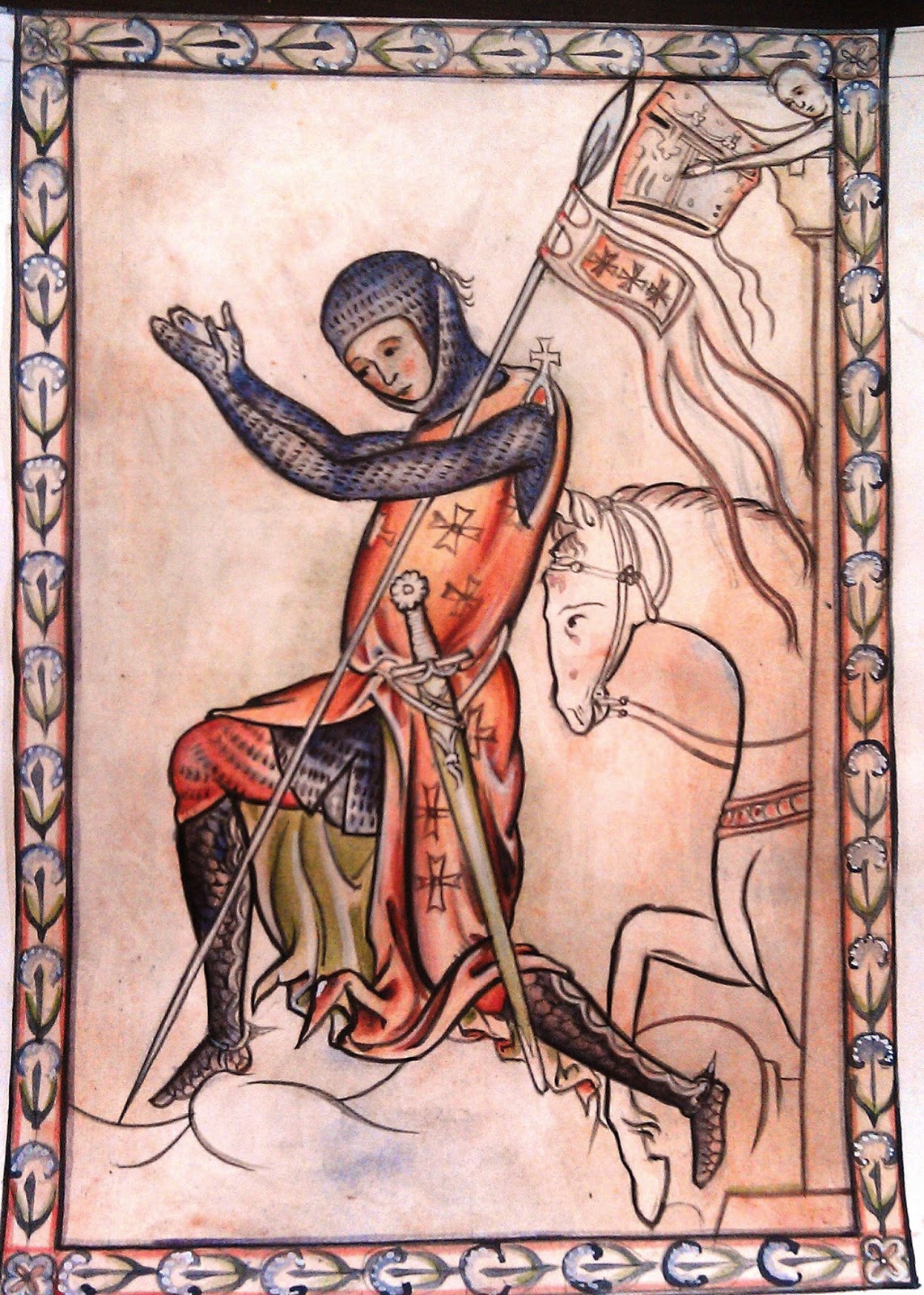Christ stated, in no uncertain terms, that prayer is necessary for salvation: “And he spoke also a parable to them that we ought always to pray and not to faint » (Luke 18:1); “Watch and pray that you may not enter into temptation”(Mt.6:9) Just as the brain needs oxygen to function, the Christian soul needs prayer. How could it be otherwise? Did He not say “Without me you can do nothing” (Jn 15:5) Prayer is the law of supernatural construction: “If the Lord does not build the house, in vain do the builders labor” (Psalm 127) because “for it is God who is at work in you, enabling you both to will and to work” (Phil. 2,13).
Through prayer, the Holy Spirit creates that holy restlessness that was in Jeremiah: “It was like a fire burning within me” as well as conferring the gifts of wisdom, understanding and knowledge and the the virtues of wise judgment, courage, self-conquest and justice that change men into spiritual warriors.
The Ignatian therefore prioritizes prayer as an urgency in his daily existence. He dedicate times to both vocal and mental prayer, both surrounded by the aura of the sacred liturgy.
Indeed, the Ignatian gives a liturgical character to his existence. He enables this “liturgical character of existence” (Newman) by breathing the pure air of the holiness flowing from the “Ancient Rite” of the Mass and the breviary, a holiness that has inspired and invigorated centuries and centuries of generations of heroic men and women.
The traditional breviary of the Roman Rite with its eight sections to be prayed daily takes time. But never is time better spent! This is no time taken away from “active apostolate”. On the contrary, this is the first act – energetic, powerful, and incisive ‒ of the Ignatian as he begins his spiritual warfare each day for the salvation of souls!
Ignatians in praying the Mass dedicate ample time to thanksgiving after Holy Communion.
They also spend one hour each day in personal mental prayer, dedicate time to the Rosary, Eucharistic adoration, twice daily do St. Ignatius’s “particular examen”, and, naturally, each one will have his own personal devotions.
All that Catholic Tradition has handed down to us of prayer-forms they cherish and some of them they make use of regularly such as the Thursday Holy Hour when they mystically accompany Christ suffering in the Gethsemani of His Mystical Body, the Friday Via Crucis, and many other seasonal devotions.

